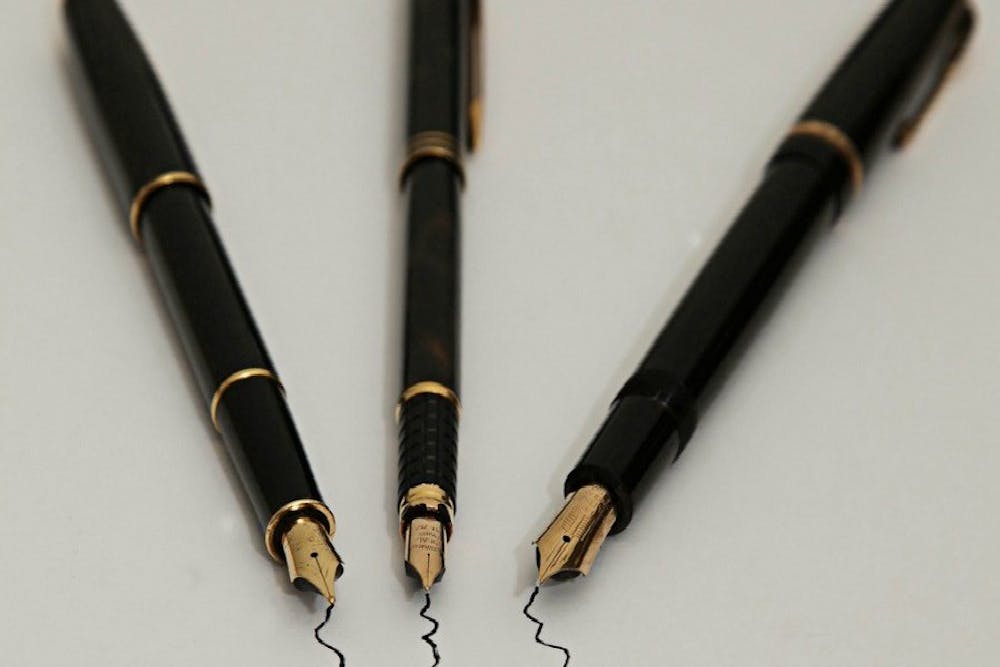By Eric Niehaus, niehaues@miamioh.edu
Imagine this, if you will: two twin brothers are to be featured on a home renovation show. They are infinitely qualified to do the show, possessing a dynamic combination of home improvement know-how and charismatic personality. However, upon learning of their support of gay rights, the show nixes the brothers. For nothing more than having a certain belief system-to which few would deny them the right-the brothers are ignominiously fired before the show starts; they aren't even given a chance. We can all agree on the deplorability of the situation.
But here's the question: is it still deplorable if something about the story changes? What if the brothers were dismissed for not supporting gay rights? Reality reveals a double standard sometimes at work in this social movement, in this fight for equality for the gay women, and other disadvantaged communities. Chances are that you've never heard of David and Jason Benham, the aforementioned twins, but it certainly seems like newsorthy information. So, why didn't it gain any attention? Why the disparity?
There are three types of events that can happen in relation to a social movement. One: something that neither furthers nor impedes the movement. Two: something that furthers the movement, such as a state's passage of gay marriage laws. Three: something that impedes the movement, such as someone being fired for their support of the movement.
You haven't heard of the twins because their event falls into the first category. Attention isn't usually brought to it because it doesn't further or impede the cause. It just is, and as such can be ignored. However, categories two and three will always get attention because the movement must bring into the light its successes and counteract its opposition. It makes sense that categories two and three should be given special attention; if they're not, the movement risks being slowed significantly. But what about category one? What about those events that occur in the shadow of mass media?
The rights of those who support the social movement currently supersede the rights of those who don't. We see this in such different examples as IRS targeting scandals, David and Jason Benham, senior citizens being banned from praying over their meal in a Georgia senior center, and more. Those with competing ideologies are targeted; those who advocate heterosexual relationships are discriminated against; and those who advocate religion amidst a secular trend are silenced.
I'm not here to say that the gay or any other disadvantaged community should have rights withheld. I'm not trying to assert one ideology as superior to another. But I am trying to talk about the irony of this all - something simple for which more than a few have been indiscriminately labeled bigots - and point out that "progress" is not synonymous with "improvement." Equality is wonderful and should be strived for, but the end does not justify the means. What is fair and just about using discrimination to end discrimination? Should a mother hit her child in order to teach that one should not hit; what purpose does this serve but to perpetuate the hypocritical and cyclical nature of abuse?
One cannot achieve equality through inequality. In this movement, true equality has been sacrificed on the altar of progress. Discrimination is defined as "the unjust or prejudicial treatment of different categories of people." That includes those in the minority group and the majority group. It includes African Americans, women, and members of the gay community and Caucasians, men and members of the straight community.
In the words of Dr. Martin Luther King Jr., "Darkness cannot drive out darkness; only light can do that. Hate cannot drive out hate; only love can do that."

